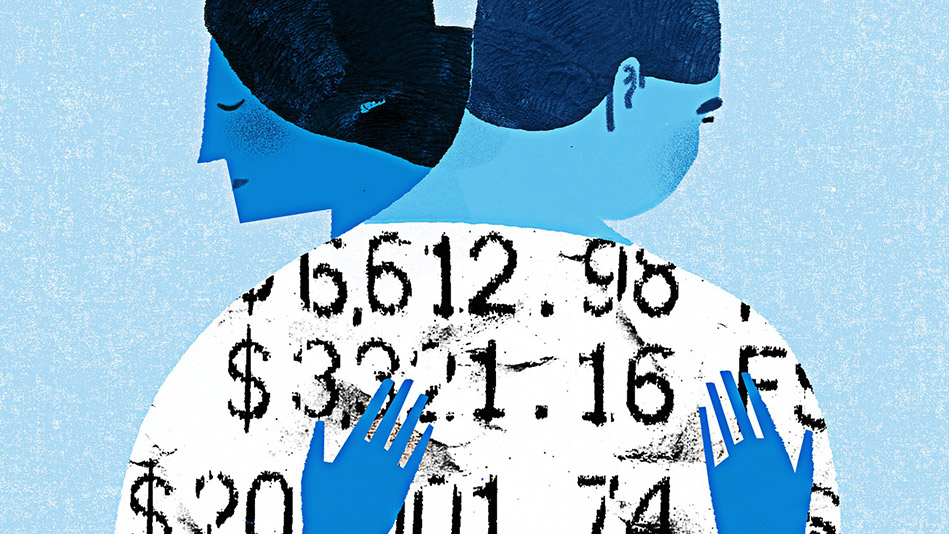After her son Zaccaria, was diagnosed with a psychiatric disorder, Laura Pogliano, a single mother in Baltimore, spent six years navigating his psychotic episodes and bipolar mood swings. Doctors had prepped her on what to expect. But no one prepared her for the crushing financial blow she endured as she sought adequate treatment to keep Zac not just alive but thriving. While she appreciated the emotional support she received from family and friends, what she really needed was money. Ultimately, Pogliano lost Zac to heart failure when he was 23, but she's still fighting for families like hers: Through her nonprofit,
Parents for Care, she collects donations and gives small grants to cash-strapped caregivers of people with mental illness.
On Chasing a Diagnosis
"Zac was about to turn 17 when he started saying things like 'There's something wrong with the world, and nobody's safe.' In a weekend, my child was stolen from me—that's how fast it happened. And yet no one knew what exactly was wrong with him. One psychiatrist said, 'This problem is too big for me,' and dumped us. We went from doctor to doctor, paying fees for office visits every week for six months before a specialist could tell me Zac was experiencing psychosis. A few months later, they said he had bipolar disorder. Finally, they diagnosed him with schizophrenia."
On Losing Everything
"I was working as a government contractor, but things with Zac became so chaotic, I had to quit a couple of projects. I was lucky: I had $200,000 in savings. But once we met the $10,000 cap on our insurance, everything was out of pocket. A prescription that cost $200 one month was $427 the next. And then my job ended. My savings were gone; we were living on $2,300 a month. I scraped and finagled, and my daughter helped pay my credit card bills and ordered us groceries."
On Crowdfunding
"At a certain point, I realized this must be so much worse for families with no chance of making six figures, who don't have a college education, who have other children to support, and I wanted to help them. So I started a GoFundMe account. I measure a lot of things by pizza: On social media, I would say, 'If you'd buy me a $25 pizza, then put that pizza money in my fund instead, and I'll distribute it to families in need.'"
On Giving Back
"I want to help people keep their homes; I don't want them to have to choose between paying bills and affording treatment for their loved ones. I also want to make people aware of what happens in a family that's dealing with mental illness. Most of the grants I give out are for around $800. One of the biggest was for $1,500: The mom needed help paying the electric company. But even a $450 grant means a lot more than keeping the lights on. It says: 'We're behind you. Don't give up.'"




